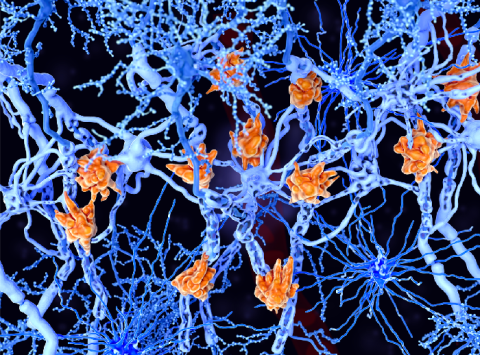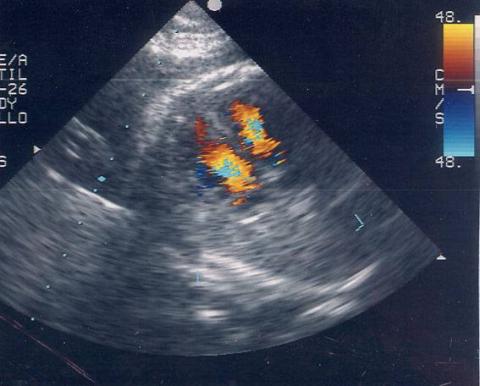AstraZeneca's new AI tool could predict more than a thousand diseases before diagnosis
A study published today in Nature Genetics examines AstraZeneca's new tool, MILTON, which uses artificial intelligence to detect biomarkers and predict diseases before they are diagnosed. According to this analysis, the tool could potentially predict over a thousand diseases and may even be more effective than the currently available polygenic risk scores.

Dusko Ilic - AZ MILTON EN
Dusko Ilic
Professor of Stem Cell Sciences, King's College London (KCL).
I would like to extend my sincere congratulations to the research team for the development of MILTON, which represents a significant step forward in the field of predictive medicine. The potential to predict over 1,000 diseases before diagnosis is a remarkable achievement, one that could greatly benefit patients by enabling earlier intervention, more personalized treatments, and reducing healthcare costs.
However, while MILTON's capabilities are impressive, I have some concerns regarding its ethical use. The powerful predictive abilities of this tool could, if unregulated, be misused by health insurance companies or employers to assess individuals without their knowledge or consent. This could lead to discrimination and a breach of privacy. Therefore, it is essential that the use of such systems be carefully regulated to protect individuals' rights and ensure that they are not subjected to unwarranted evaluations. Strict guidelines and oversight will be critical in ensuring that the benefits of MILTON are realized in an ethical and responsible manner.
Tim Frayling - AZ MILTON EN
Tim Frayling
PProfessor of Human Genetics, University of Geneva.
This is a very thorough study of many diseases and their risk factors. However we need to take care when claiming we can “predict disease” when we really mean “we can give you a slightly better idea of your chances of developing a disease but there are still many unknown factors.” Thus this approach will likely have more impact on improving our knowledge of how diseases develop rather than who exactly will develop them.
He sido consultor y he recibido financiación de compañías farmacéuticas, incluidas GSK, Sanofi y Boerhinger Ingelheim, y soy parte de una iniciativa de la IMI de la UE que incluye muchos socios de la industria.
Manik Garg et al.
- Research article
- Peer reviewed
- People
- Meta-analysis



